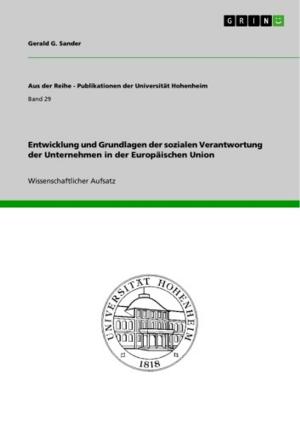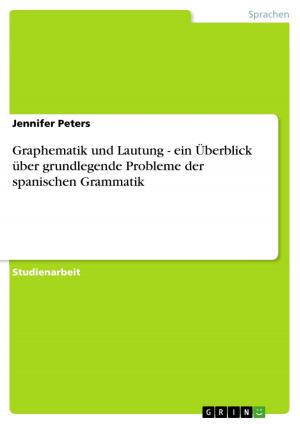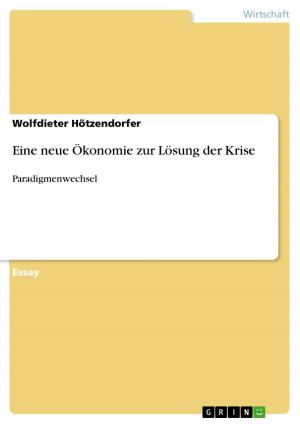Conservation plan of Hindon River in-between Muzaffarnagar and Ghaziabad
Saurabh Mishra,Samarth Sharma, Prabhakar Shukla, Mukesh Kumar Singhal Alternate Hydro Energy Center Indian Institute of Technology Roorkee, India
Nonfiction, Science & Nature, Nature, Environment, Environmental Conservation & Protection| Author: | M K Singhal, Prabhakar Shukla | ISBN: | 9783656821113 |
| Publisher: | GRIN Verlag | Publication: | October 23, 2014 |
| Imprint: | GRIN Verlag | Language: | English |
| Author: | M K Singhal, Prabhakar Shukla |
| ISBN: | 9783656821113 |
| Publisher: | GRIN Verlag |
| Publication: | October 23, 2014 |
| Imprint: | GRIN Verlag |
| Language: | English |
Academic Paper from the year 2014 in the subject Environmental Sciences, grade: 8.5, Indian Institute of Technology Roorkee (IIT ROORKEE), course: M.Tech, language: English, abstract: River Hindon is a major source of water to the highly populated and predominantly rural population of western Uttar Pradesh, India. River Hindon originates in the lower Himalayas in Saharanpur district (UP, Uttar Pradesh) and flows 260 km through six districts including Muzaffarnagar, Meerut, Baghpat, Ghaziabad and Gautambudh Nagar until its confluence with the Yamuna. The main sources, which create pollution in the river, include municipal wastes of Saharanpur, Muzaffarnagar and Ghaziabad districts and industrial effluents of sugar, pulp and paper distilleries and other miscellaneous industries through tributaries as well as direct outfalls. In non-monsoon months the river is completely dry from its origin up to Saharanpur town. The main water quality parameters that have been used to assess the quality of Hindon river are pH, BOD, COD, DO, TDS, TSS Electrical Conductivity, Total Hardness, Nitrate, Phosphates, Chlorides, Sulphates and Faecal Coliform. These data are obtained by collecting water and wastewater samples during pre- and post-monsoon seasons during month of January and April 2013 and are converted with National Sanitation Foundation Water Quality Index to achieve at a single value defining the water quality at selected locations. The result shows that the water quality of river is not good. The water of river Hindon is not suitable for any use.
Academic Paper from the year 2014 in the subject Environmental Sciences, grade: 8.5, Indian Institute of Technology Roorkee (IIT ROORKEE), course: M.Tech, language: English, abstract: River Hindon is a major source of water to the highly populated and predominantly rural population of western Uttar Pradesh, India. River Hindon originates in the lower Himalayas in Saharanpur district (UP, Uttar Pradesh) and flows 260 km through six districts including Muzaffarnagar, Meerut, Baghpat, Ghaziabad and Gautambudh Nagar until its confluence with the Yamuna. The main sources, which create pollution in the river, include municipal wastes of Saharanpur, Muzaffarnagar and Ghaziabad districts and industrial effluents of sugar, pulp and paper distilleries and other miscellaneous industries through tributaries as well as direct outfalls. In non-monsoon months the river is completely dry from its origin up to Saharanpur town. The main water quality parameters that have been used to assess the quality of Hindon river are pH, BOD, COD, DO, TDS, TSS Electrical Conductivity, Total Hardness, Nitrate, Phosphates, Chlorides, Sulphates and Faecal Coliform. These data are obtained by collecting water and wastewater samples during pre- and post-monsoon seasons during month of January and April 2013 and are converted with National Sanitation Foundation Water Quality Index to achieve at a single value defining the water quality at selected locations. The result shows that the water quality of river is not good. The water of river Hindon is not suitable for any use.















